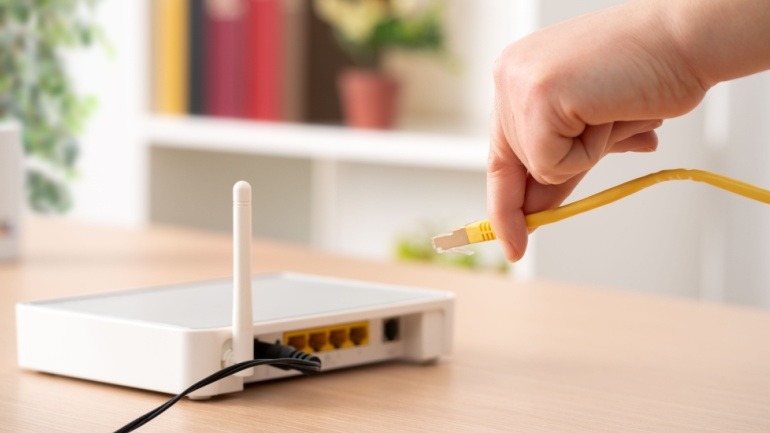The UK’s telecommunications regulator, Ofcom, is advancing plans to facilitate shared access to the highly sought-after upper 6 GHz band, proposing two primary frameworks to balance the needs of both mobile and Wi-Fi providers.
The first proposed approach, known as variable spectrum split, would allow both mobile and Wi-Fi services to use portions of the spectrum not occupied by the other. Specific signals would be transmitted to prevent interference, ensuring sections of the band can prioritize either mobile or Wi-Fi usage as needed.
The second proposal, the indoor/outdoor split, is based on the typical usage patterns of Wi-Fi indoors and mobile networks outdoors. This framework would prioritize Wi-Fi traffic indoors and mobile traffic outdoors, aligning with the environments in which each service is predominantly used.
Ofcom plans to develop these ideas further and conduct a consultation next year. This follows a previous consultation in July, where industry feedback was sought on hybrid sharing mechanisms that could benefit both sectors. The response included 41 submissions from a diverse array of stakeholders, such as mobile operators, tech companies, academia, and industry groups.
Most feedback favored allocating the spectrum for Wi-Fi, with support from major tech firms like Apple, Amazon, and Meta, alongside the Wi-Fi Alliance. Conversely, mobile operators including EE, Three, and Vodafone, along with equipment manufacturers like Nokia and Ericsson, advocated for using the spectrum for mobile networks.
A smaller group, including Qualcomm and TalkTalk, supported hybrid use. Samsung and TechUK emphasized the need for a thorough understanding of sharing feasibility before implementation.
Despite differing opinions, all parties acknowledged the potential benefits of the upper 6 GHz band for enhancing wireless broadband services. Ofcom is collaborating with industry and international bodies on hybrid sharing frameworks and coexistence solutions, with a technical report expected next year. Additionally, the Department for Science, Innovation and Technology (DSIT) is funding spectrum sharing trials until March.
The situation is further complicated by the International Telecommunication Union’s (ITU) fragmented approach to the 6 GHz band, which now partially harmonizes this spectrum for International Mobile Technology (IMT) use in certain regions. Meanwhile, countries like the US and Korea have already designated the band for license-exempt use, with Wi-Fi technology significantly ahead in deployment compared to cellular.
As Ofcom navigates these challenges, it aims to create a framework that maximizes the spectrum’s potential while balancing the diverse needs of stakeholders.







